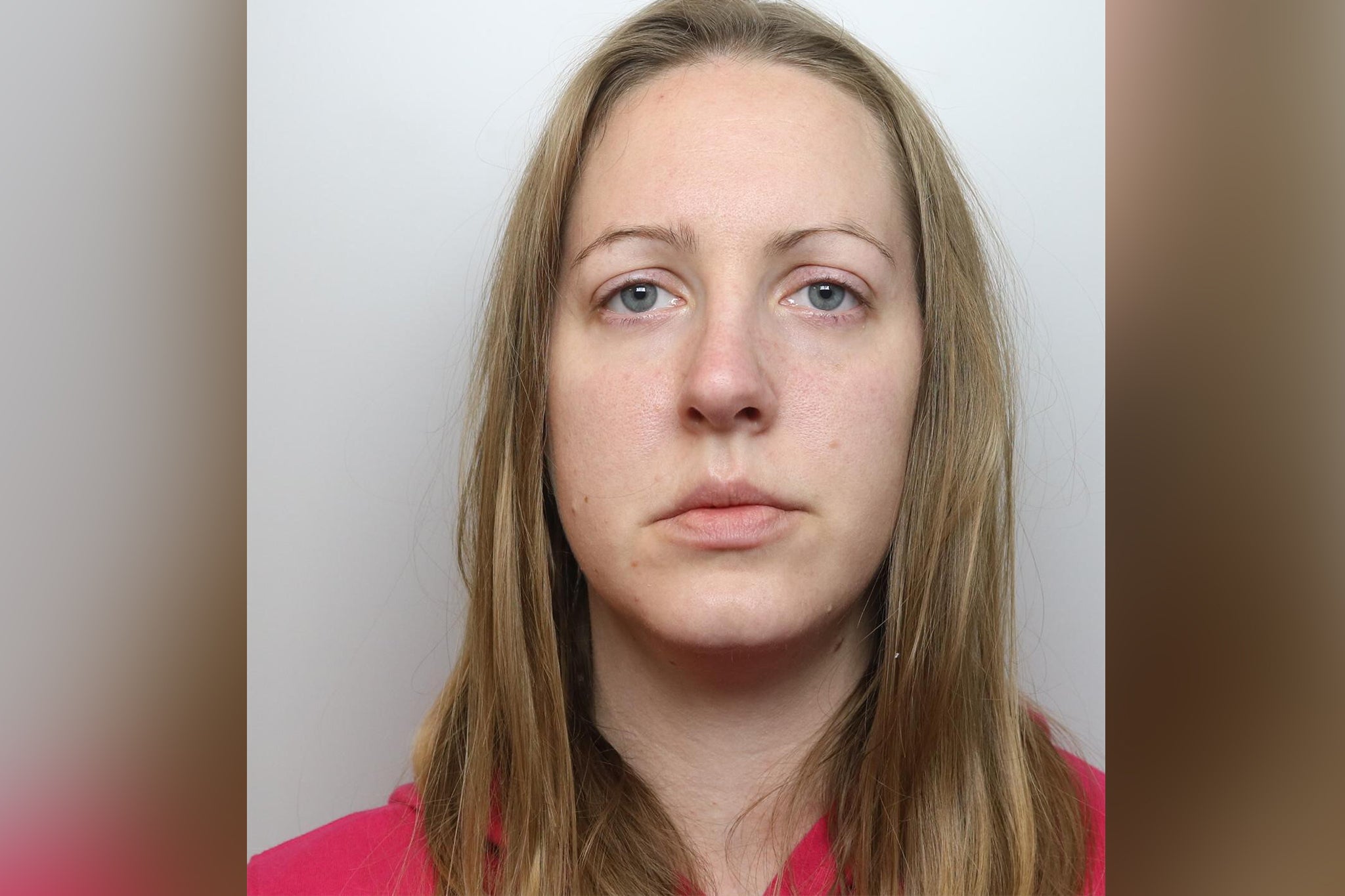Lucy Letby driven to kill babies by ‘pathological desire for attention’
‘Clear similarities’ with Lucy Letby case and historical killer nurses
Murderer nurse Lucy Letby may have been motivated to kill by a “pathological desire for attention and sympathy”, a criminology expert has said.
After a 10-month trial and weeks of deliberation, a jury found her guilty of the murders of seven babies and the attempted murders of six others at the Countess of Chester hospital between June 2015 and June 2016.
Dr Dominic Willmott, a senior lecturer in criminology at Loughborough University, said the former nurse’s text messages showed she wanted to “garner sympathy” from colleagues after the children’s deaths.
The expert told how there were “clear similarities” with the Letby case and historic cases of killer nurses, such as Beverley Allitt from the UK and Charles Cullen in the US.
Allitt, 54, targeted 13 victims during a 59-day spree which saw her kill four babies and poison nine others at Grantham and Kesteven Hospital, Lincolnshire, in 1991.
Doctors believe she suffered from Munchausen syndrome by proxy while carrying out the attacks, in which a caregiver may harm someone in their care to get attention.
Cullen, 63, murdered dozens, possibly hundreds, of patients during a 16-year career spanning several medical centres in the American state of New Jersey.

Dr Willmott believes there are clear resemblances between the historic cases and that of Letby.
The criminologist, who has previously authored a paper on the Beverley Allitt case, said: “In our analysis of healthcare professionals who perpetrate violence against their patients, especially children, offending appeared to be motivated by a pathological desire for attention and sympathy emerging as a consequence of their involvement in the case.
“There was a complex interaction between this and a history of personality disorder diagnoses and characteristics, and were often found to be highly sadistic and narcissistic as described by those who knew them.”
Speaking after the trial, detectives said the reason why Letby went on a killing spree at the Countess of Chester Hospital neonatal unit may never be known.
Prosecutors never advanced a motive as they outlined the allegations against her to the jury at Manchester Crown Court.
(Letby showed) a desire to be personally involved in the case, even when doing so was likely to raise suspicions about her involvement.
Dr Willmott said Letby’s interaction with colleagues was indicative of her desire for “sympathy”.
He continued: “Text messages released during the Letby trial appear to indicate her efforts to garner sympathy from her colleagues following the children’s deaths.
“Other evidence that she had to be repeatedly asked to focus on other patients around the time of the death of other babies and her passing on death notifications to family members seems to indicate her desire to be personally involved in the case, even when doing so was likely to raise suspicions about her involvement.
“My heart goes out to the families whose babies were mercilessly taken from them.”





